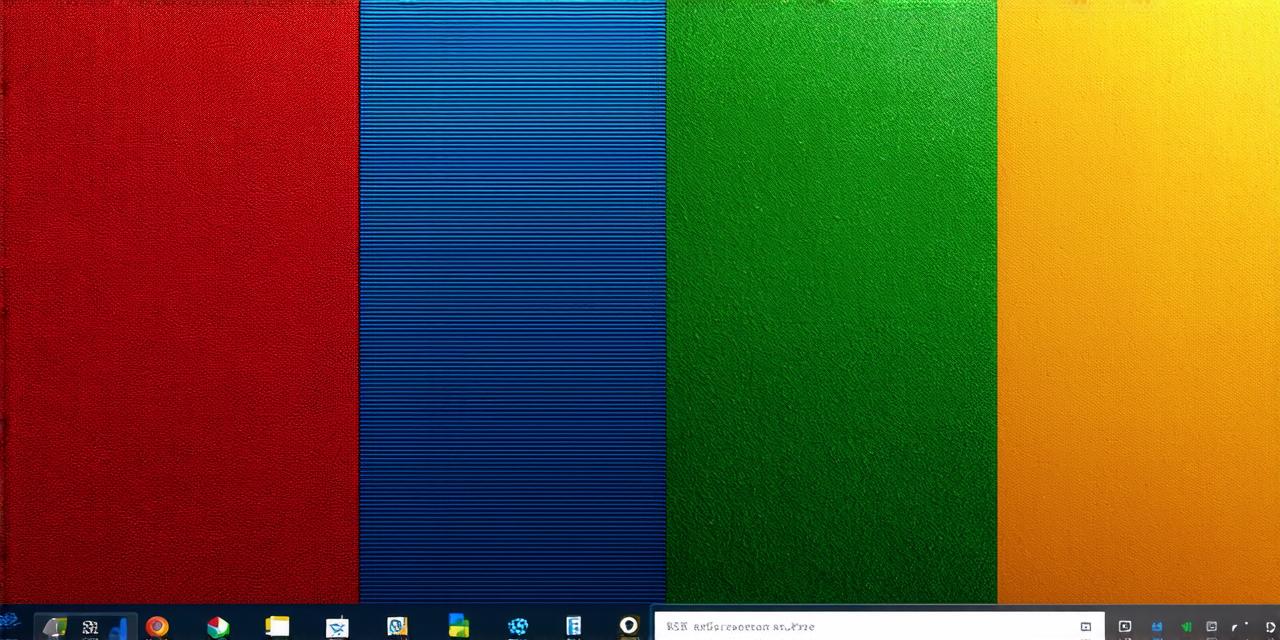Unity 3D is a powerful game engine that allows users to create immersive and interactive experiences. While it may seem intimidating at first glance, many novice developers find it to be a suitable tool for creating their first games or interactive applications. In this article, we will explore the pros and cons of using Unity 3D as a beginner developer, and provide some tips on how to get started with this popular game engine.
Pros of Using Unity 3D as a Beginner Developer
- Easy-to-use interface: Unity 3D has a user-friendly interface that is easy for beginners to navigate. The editor allows users to create, edit, and preview their projects in real-time, making it easy to see the results of their work as they go along.
- Wide range of resources: Unity 3D has a large community of developers who contribute to its development and provide support for beginners. This means that there are many resources available online, including tutorials, forums, and community projects that can help beginners get started.
- Cross-platform compatibility: Unity 3D allows users to create projects for multiple platforms, including Windows, Mac, iOS, Android, and web. This makes it easy to reach a wide audience with your creations.
- Flexibility: Unity 3D is a versatile tool that can be used to create everything from simple 2D games to complex 3D applications. This means that novice developers can use it to create projects of any size or complexity.
Cons of Using Unity 3D as a Beginner Developer
- Steep learning curve: While Unity 3D is user-friendly, there is still a steep learning curve for beginners. It takes time to learn how to use all of the features and tools available in the editor, and it can be difficult to keep up with new updates and changes.
- Limited support: While the community is helpful, support for Unity 3D can be limited. This means that if you encounter problems or have questions, you may need to do some research on your own to find answers.
- Performance issues: Unity 3D can be resource-intensive, which can lead to performance issues on older or lower-end computers. This can make it difficult to create projects that are optimized for all users.
- Cost: While Unity 3D is free to use, there are costs associated with creating and publishing games or applications. This includes fees for cloud hosting, licensing, and distribution.
Tips for Getting Started with Unity 3D
- Start with the basics: Don’t try to create a complex project right away. Start with the basics, such as creating simple objects and moving them around the scene. As you become more comfortable with the editor, you can start adding more complexity to your projects.
- Take advantage of resources: There are many resources available online for beginners, including tutorials, forums, and community projects. Make use of these resources to learn more about the editor and how to create projects in Unity 3D.
- Practice regularly: Like any skill, practice makes perfect. Spend time each day practicing with Unity 3D, working on small projects and experimenting with different features and tools.
- Join the community: The Unity 3D community is a great resource for beginners. Join the forums and participate in discussions to learn from others and get help with any problems you encounter.
